Australia’s most prominent barrister, Bret Walker SC, has waded into the Voice debate deploying the ‘R’ word. On the question of whether the current proposal would insert a fourth arm of government into the constitution, Walker SC said that lawyers who criticise the amendment while describing it as a fourth arm of government have racist ideas. He said:
Some have gone so far as to… talk about the Voice as an abomination because it would be a fourth arm of government. The notion that the Voice is to be abominated because it has moral force is, I’m sorry, I believe to be racist.
Happily, Walker’s intervention has elevated the question of how to best characterise a new institution of state that will, according to one of its architects, provide for ‘the transformation in Australia’s established constitutional institutions’.
The best way to characterise the Voice is as a novel, advisory arm of government which will be exercised collectively and exclusively by and for Indigenous people. Why is this so?
The proposal provides for new institution of state in its own chapter in the constitution – just like the first three chapters which establish the parliament, the executive and the courts. Given the importance that is assigned to ‘structure’ in Australian constitutional jurisprudence, the insertion of a new chapter is highly significant. The first clause, ‘There shall be a body called the [Voice]’, is declaratory and similar to language which establishes the Executive Council (s 62), the High Court (s 71) and the Interstate Commission (s 101).
The now defunct Interstate Commission has been romanticised by some commentators as intended by the founders to be a fourth arm of government.
The Voice will be enmeshed with and operate intimately with the two other repositories of power operating in Parliament House; the parliament and the executive government. That the Voice is not a lawmaker and does not impede the parliament’s sovereignty does not tell us very much. It simply means – just as the powers of the parliament, the executive and the courts are very different, highly constrained and in practice less powerful than many imagine – that the Voice has no right of veto over the others. In other words, it won’t have the powers of a dictator.
Its most thoughtful proponents agree that the success of the Voice will be determined not by the words of the constitutional entrenchment, but by its political power, or ‘democratic imperative’ and how it performs politically if the referendum is carried.
First, let’s be clear, Walker did not deny the Voice would be an arm of government. He simply said it would be racist to describe it as such while at the same time denying it moral force.
Make of that what you will.
Second, by suggesting the Voice operating as an arm of government would have moral force, Walker, like former chief justice Robert French, seems to equate the possession of political power with the possession of moral force. Yet political scientists would say these two things are almost mutually exclusive – or operate on a spectrum where trade-offs must occur. In the context of political institutions, moral force or authority is usually held by those who do not wield political power, or who resist wielding political power to the extent that they have it. Think the king, the High Court, judges and even senior barristers. If moral authority is to be maintained, the deployment of political power must be resisted. Political power is very carefully deployed because those who deploy political power frequently – politicians in particular – are almost always, over time, despised.
Take for example the Australian High Court. Contrasted to the other repositories of power, it ‘speaks’ politically only when it invalidates a law. In all of the 2022 term it invalidated only one law. As a result, and in contrast to the more political and polarising US Supreme Court, our High Court assumes significant moral force or authority.
The adherents of the proposed amendment do not appear to have considered its consequences for the majority of Indigenous people who are integrated and living in society.
By creating a fourth, advisory arm of government and deploying twenty-four new Indigenous Voice politicians into the heady and combative mix of national politics it will change forever the way politics is conducted in Australia. By speaking loudly and frequently on many things that matter to everyone, some Voice politicians – just like Westminster politicians – will inevitably come to be despised by a segment of society. It is beyond a shadow of a doubt that if the Voice speaks regularly, powerfully and politically (as its adherents say it must and will), then Indigenous people on whose behalf it purportedly speaks, will lose moral force or authority. This will be the price of inserting inequality of citizenship into the constitution. It is easy to see how entrenching disproportionate political power for a small group of people could feed resentment and discord. This iteration of an Indigenous Voice might feel like the right thing to do in the abstract world of progressive academics and amongst the knowledge classes – but it will almost certainly be terrible for Indigenous people living their best lives and integrating across our polity.
A war of words about the correct characterisation of the Voice has exposed a terrifying blind spot in even its best intended proponents. It is inconceivable that the Voice can exert the political power in Canberra that its adherents desire, and at the same time occupy a place of high moral authority. None of its proponents appear to have even grappled with this defect, and what it might mean for all of us, including the majority of Indigenous people who are simply getting on with their lives in our society.
Got something to add? Join the discussion and comment below.
Get 10 issues for just $10
Subscribe to The Spectator Australia today for the next 10 magazine issues, plus full online access, for just $10.
Louise Clegg is a barrister. She has written extensively on the Voice and has published a paper ‘A modest voice can define and unite us’ which can be obtained from the Uphold & Recognise website.
You might disagree with half of it, but you’ll enjoy reading all of it. Try your first month for free, then just $2 a week for the remainder of your first year.

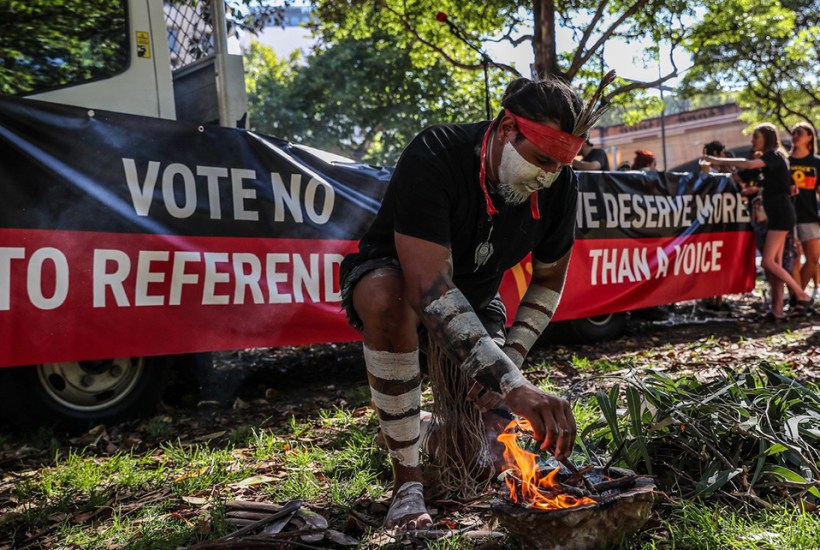
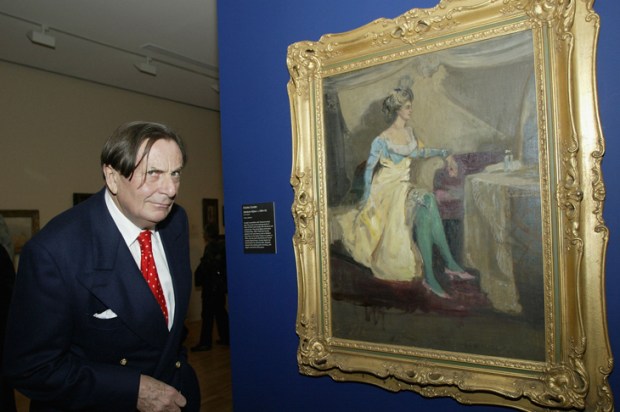
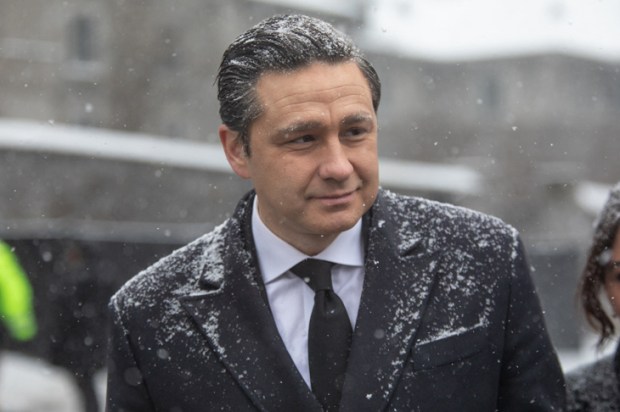

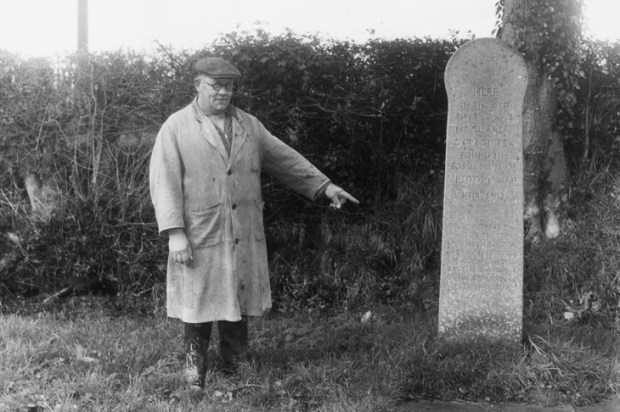
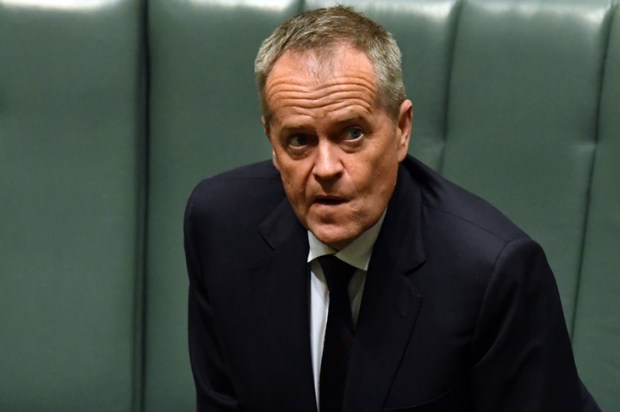
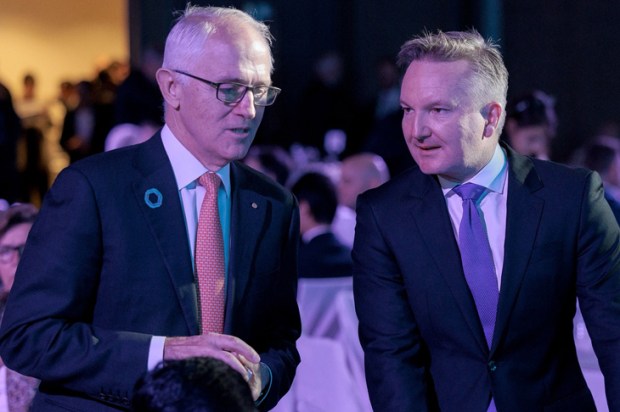






Comments
Don't miss out
Join the conversation with other Spectator Australia readers. Subscribe to leave a comment.
SUBSCRIBEAlready a subscriber? Log in